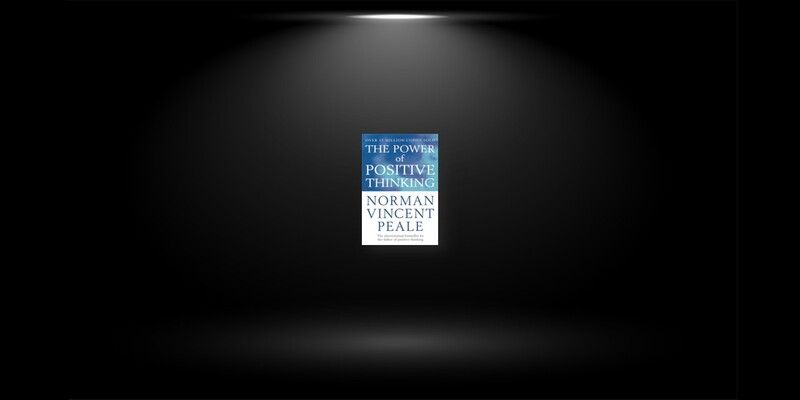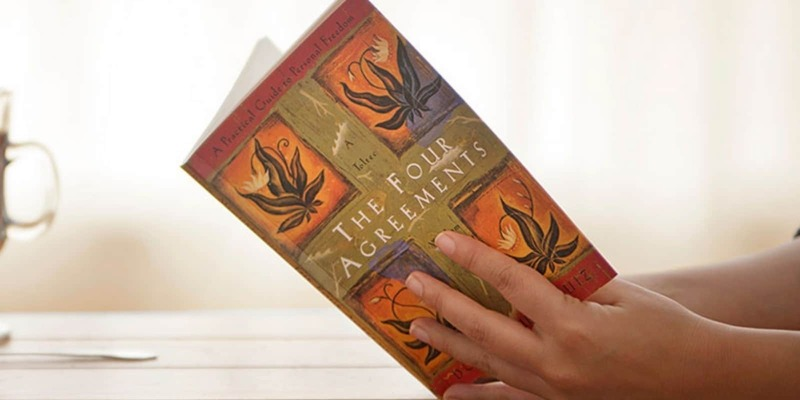Best Self-help books have become increasingly popular in recent years as more and more people seek ways to improve their lives and reach their full potential. From self-improvement and achieving one's goals to interpersonal connections and mental health, these books have a plethora of information to share. The best self-help books are the ones that endure, continuing to provide wisdom and insight long after they were first published. Self-help books may be a great resource for anybody trying to better themselves in any area of life. This includes those who want to increase their self-esteem, strengthen their interpersonal connections, or reach new heights in their professional and academic endeavors.
Self-help books may be helpful, but it is important to read them with just an open mind as well as critical eye. There is a wide variety of self-help books available, but not all of them will be equally useful to you. It's also vital to keep in mind that although these books might serve as guides, true development and transformation can only come from inside. Your entire potential may be realized, and your life can have more purpose, if you combine the insights and tactics presented in these works with a dedication to personal development and self-improvement.
Top 5 Self-Help Books And Their Key Takeaways
"The 7 Habits Of Highly Effective People" By Stephen Covey
This book has been a staple of the self-help industry since its first publication in 1989. Covey teaches seven practices that may improve one's chances of success and happiness in life. Be proactive, start with the goal in mind, prioritize, think win-win, focus on understanding rather than being understood, collaborate, and hone your skills. One's productivity at work, relationships, and one's own progress and development may all benefit from adopting these practices.
"The Power Of Positive Thinking" By Norman Vincent Peale

The lessons in this book, originally published in 1952, center on the capacity of optimistic thinking to improve one's circumstances. According to Peale, doing mental exercises like visualization, affirmation, and thankfulness may help one develop a more optimistic outlook on life, which in turn can have beneficial effects on their physical health, social connections, and sense of fulfillment. The book's message is that we should all try to think more positively and concentrate on the good things in our life rather than concentrating on the negative.
"Man's Search For Meaning" By Viktor Frankl
This book, written by Victor Frankl and published today in 1946, seems to be a moving account of his time spent in Nazi camps throughout World War II. Logotherapy, which Frankl created as a result of his ordeal, is based on the idea that finding meaning and purpose in one's existence is the ultimate goal of human existence. He says this is possible through reorienting one's attention from the things one cannot change to those things one can, such as one's own attitude and reaction to adversity. This book is a tribute to the strength of the human will and the ability of the human intellect to triumph against adversity.
"How To Win Friends And Influence People" By Dale Carnegie
First published in 1936, this book teaches the art of building relationships and achieving success through effective communication and interpersonal skills. Carnegie advises his readers to avoid negativity and criticism and instead focus on demonstrating real interest in people and expressing gratitude. In addition, he offers helpful advice on how to establish rapport, handle problems, and reach agreements where everyone benefits. The book is still widely read and revered as an authoritative resource for improving one's interpersonal and professional connections.
"The Four Agreements" By Don Miguel Ruiz

Be flawless with your promise, don't take things personally, do not even make assumptions, and give your best are the four principles taught in this book that draws on ancient Zapotec wisdom and also was originally published in 1997. The principles aid people in overcoming self-defeating ideas and feelings, allowing them to instead pursue lives of honesty, sincerity, and meaning. This book is an inspiring reminder of the profound connection between our thoughts and actions, and a practical guide to achieving inner calm and outer fulfillment.
Conclusion
For anyone interested in developing themselves and finding more happiness in life, self-help books are an invaluable resource. These books address a wide range of issues that might enhance one's life, from establishing good routines and cultivating optimistic thought to discovering one's true calling, forming meaningful relationships, and acting with moral conviction. The real value of self-help books comes in the capacity to apply their concepts and approaches to one's own life, therefore it's important to read them critically and choose the ones that align with your own objectives and ideals. Success, happiness, and contentment are all within your reach if you read self-help books and put their advice into practice.




